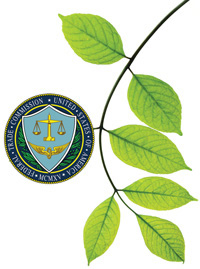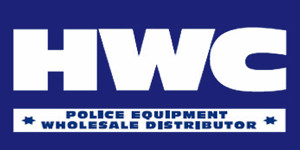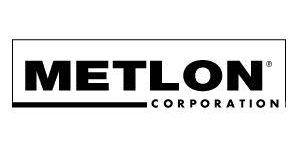|
By Mary Ann Mullin
The standards are surprisingly tough. For example, in order to validly claim a product is biodegradable, the marketer must possess credible scientific evidence that the product will completely break down and return to nature within a reasonably short time after customary disposal. If the customary disposal is into municipal trash, the scientific evidence must substantiate that the product will completely decompose in a landfill. Yet landfills are typically lined with impermeable material, meaning that most consumer products customarily disposed in municipal trash will not meet this standard. While these standards have been on the books for well over a decade, it is only recently that the FTC has aggressively pursued their enforcement. Since August 2009, for example, the FTC has targeted clothing manufacturers that make deceptive “green” claims regarding the processed bamboo contained in rayon clothes. The FTC charged four companies with making deceptive claims when the companies stated their rayon clothes were made of “100 percent bamboo fiber,” retained bamboo’s “antimicrobial” properties, were “biodegradable,” or were made from an “environmentally friendly” manufacturing process. The FTC contends these claims are false because rayon is a manmade fiber created from the cellulose found in plants and trees and dissolved with a harsh chemical that releases hazardous air pollution. While bamboo could be used as the cellulose source, the fiber that is created is rayon. Further, the clothing products were not considered biodegradable because the companies possess no evidence that the clothes would completely decompose within a reasonably short period when disposed in landfills, incinerators or recycling facilities. The FTC went on to state the claims the manufacturing process was “environmentally friendly” were false because hazardous air pollutants were released in the process. The FTC also alleged that the companies violated the Textile Fiber Production Identification Act (Textile Act) and the FTC’s Textile Rules by falsely labeling and advertising clothing and textile products as bamboo when they should be labeled and advertised as rayon. Under the settlement entered into between the FTC and the companies, the businesses agreed not to advertise, label or promote any product as being made of bamboo, antimicrobial or biodegradable unless they have in their possession competent and reliable scientific evidence that substantiates such a representation. The settlements imposed additional burdensome record keeping and notification obligations on the companies for the next 20 years. In light of a flurry of FTC enforcement, companies should carefully review any green claims made in their promotional materials. Mary Ann Mullin is Of Counsel in the Environmental Group at Schiff Hardin LLP. In her practice, she regularly advises manufacturers, distributors and retailers through the fast-paced developing area of domestic and international product content standards and regulations. She also advises clients on environmental permitting matters, assists clients in conducting internal audits and in responding to government investigations, and represents companies before federal, state and administrative courts. She can be contacted at [email protected] or www.schiffhardin.com. |
| Above story first appeared in MADE TO MEASURE Magazine, Spring & Summer 2010 issue. All rights reserved. Photos appear by special permission. |
| Halper Publishing Company 633 Skokie Blvd, #490 Northbrook, IL 60062 (877) 415-3300 Fax (224) 406-8850 [email protected] |











